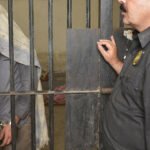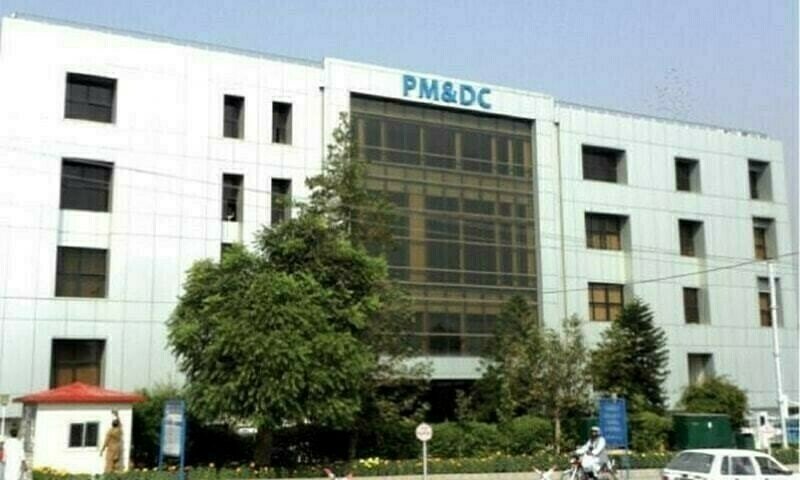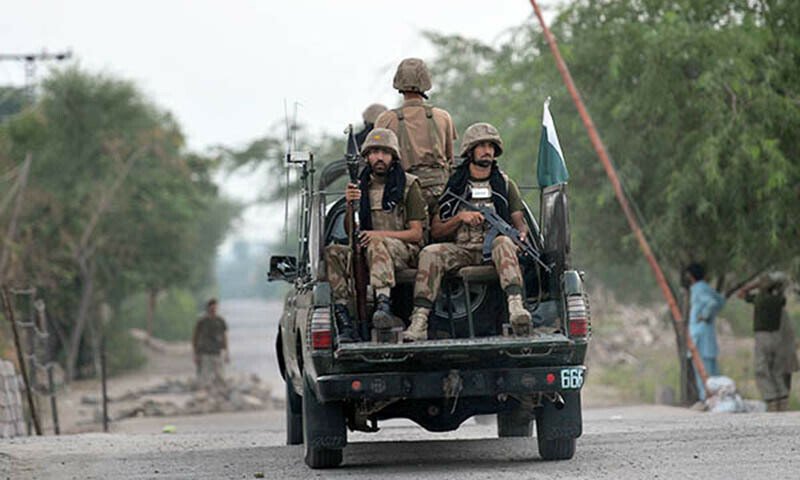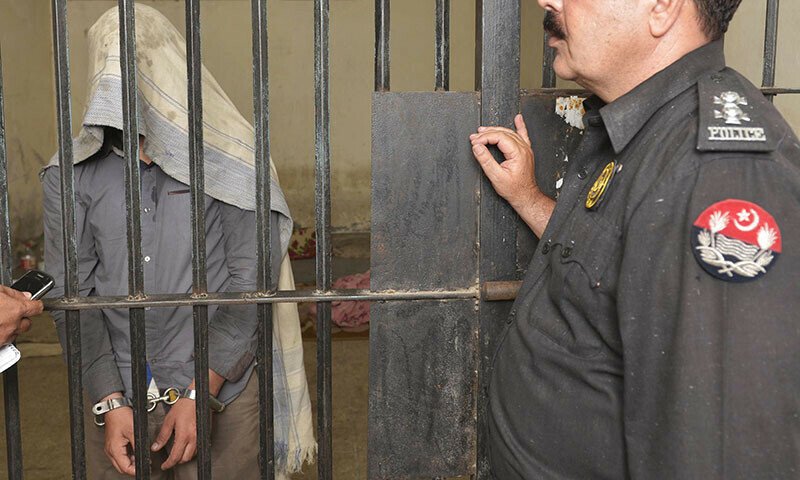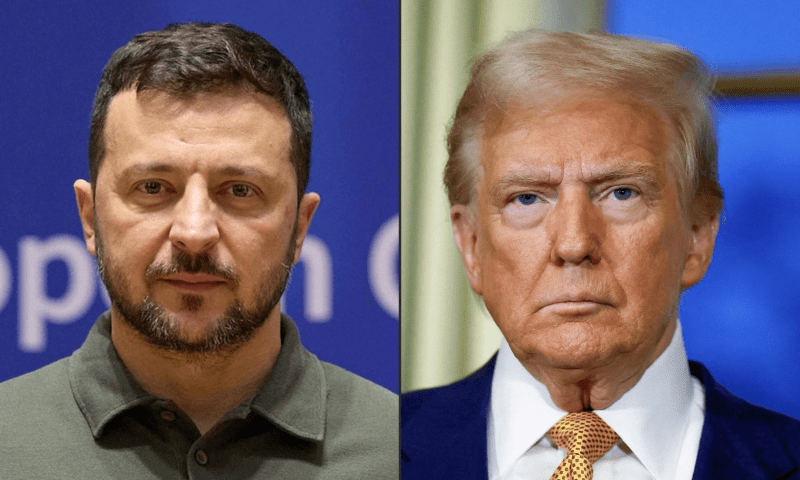The Pakistan Medical and Dental Council (PMDC) refuted the claims of an 80 percent rate increase for its universities admission test, announcing that the test is scheduled for October 5 of this year.
PMDC is the national statutory organization responsible for regulating medical and dental education standards throughout the country.
In a press release today, PMDC announced that the admission test of medical and dental schools (MDCAT) was scheduled to be held on Sunday, October 5, while approaching concerns regarding the rate.
“He has received the warning of the Pakistan Medical and Dental Council (PMDC) that there has been a misunderstanding with respect to the MDCAT exam rate, which states that it has increased by 80 percent,” he said.
“PMDC wants to clarify that the MDCAT rate has increased modestly and gradually in recent years,” he added, noting that it was 8,000 rupees in 2024 and is established in RS9,000 by 2025: the RS1,000 increase that they mark an increase of only 12.5pc, not 80PC as it has circulated in social networks.
He also said that the exam would be carried out by universities nominated by federal and provincial authorities, instead of PMDC.
“However, PMDC as a regulator has developed a uniform curriculum for the MDCAT in consultation with all interested parties,” he said, added that he had also “invested a lot” in the development of a question bank based on a common program program agreed by the provinces.
According to the statement, the decision of the Council to review the rate at the request of the universities that conduct the exam was due to the increase in paper printing costs, improved security protocols and logistics arrangements, as well as payments for examiners, guards and administrative staff and to guarantee adequate seats and facilities for candidates.
“Despite significant inflation and increased operating costs, PMDC remains firm to affordability and equity,” PMDC said, emphasizing that the Council had adopted a “balanced approach to ensure that the exam is accessible to all candidates while maintaining quality and integrity in the proof process.”
He reaffirmed his commitment to “transparent, responsible and merit -based admissions” to guarantee equal opportunities for all candidates for medical students and dentistry.
The MDCAT will be carried out through the following universities: University of Health Sciences, Lahore for Punjab; University of Sukkur Ib, Sukkur for Sindh; Khyber University of Medicine, Peshawar for Khyber Pakhtunkhwa; Universidad Bolan of Medical and Health Sciences, Quetta for Baluchistan; and Shaheed Zulfiqar Ali Bhutto Medical University, Islamabad for the territory of the capital of Islamabad, Azad Jammu and Kashmir, Gilgit-Baltistan, as well as the international place of PMDC in Riad, Saudi Arabia.
Online registration for local and international MDCAT candidates began yesterday and will close on August 25, 2025. After this date, late rates will be required for the registration until the limit of September 1, 2025.
PMDC warned that candidates would have to “carefully select a city/center for the MDCAT and complete the application with all the necessary requirements”, otherwise, the online system will reject the application.
The statement added that the test would be a paper exam in English, which includes 180 multiple choice questions without negative marks. Of the 180 questions, 81 will be about biology, 45 chemistry, 36 physics, nine English and nine logical reasoning.
He addressed candidates for the exam plan of the exam available on their website, informing that candidates must complete their registration through MDCAT.pmdc.pk. He warned that incomplete requests would not be accepted.
In June, the PMDC issued the decision to restrict MDCAT candidates for their respective provinces, which caused a controversy when parents feared that the decision could compromise the security and well -being of students, many of which had rarely traveled to their native areas.
The Medical Association of Pakistan (PMA), the representative body of doctors, rejected the decision, demanding that the notification be withdrawn. The PMA argued that politics would disproportionately harm students in less developed areas and limit accessibility to medical education.


